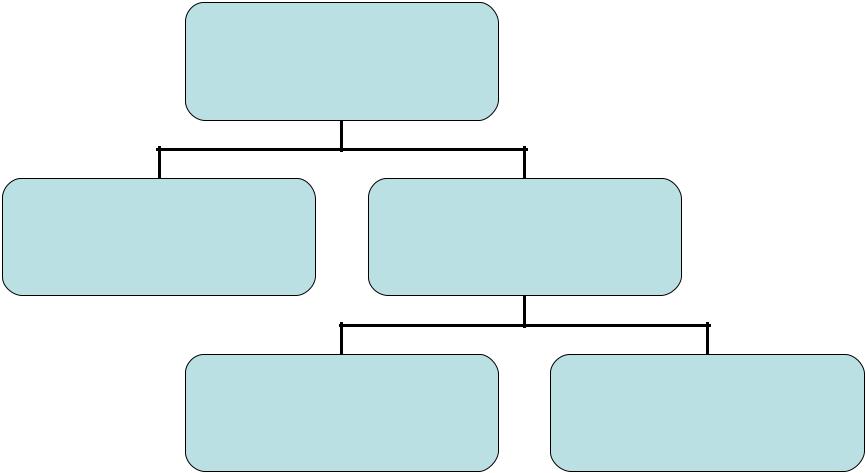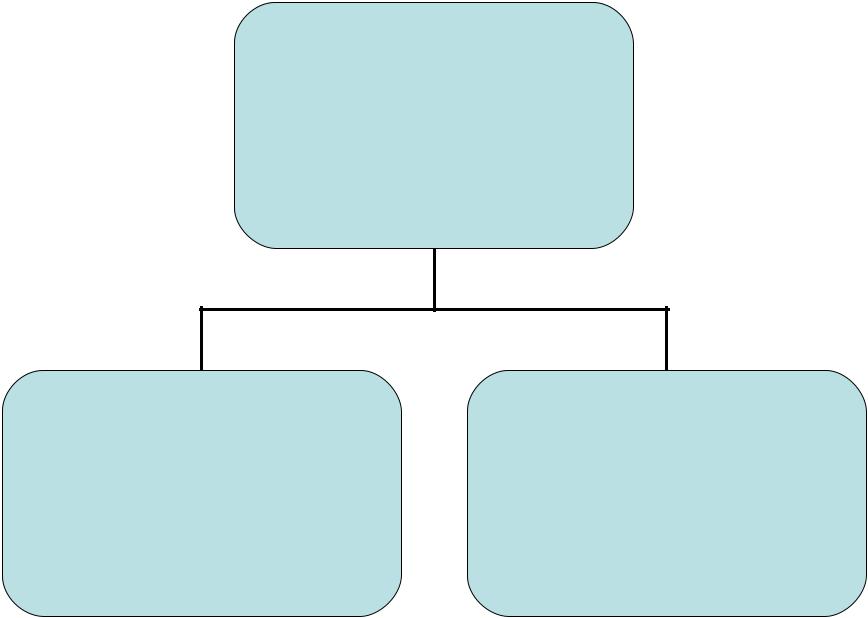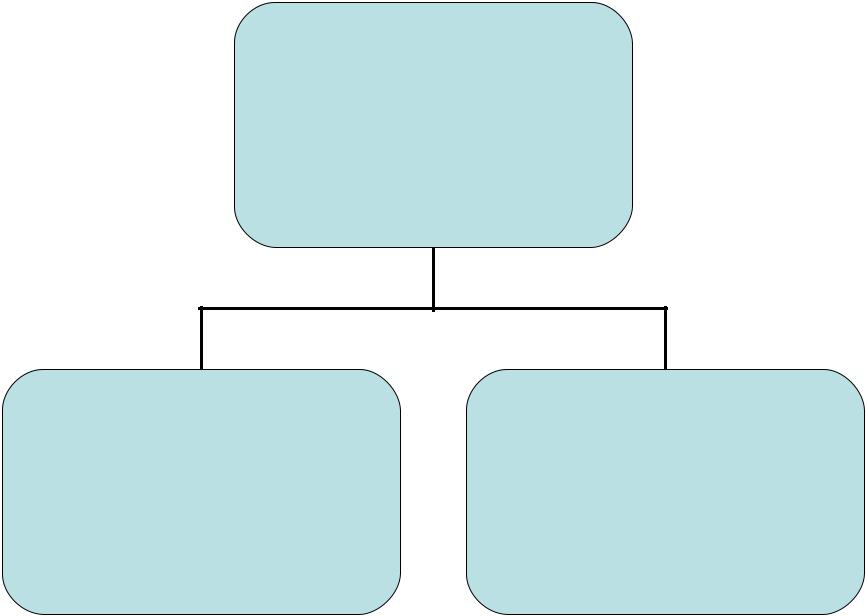
- •Lecture 8
- •Contents
- •The system of coordinates to fix the position or the direction of thought
- ••The act of speech is the event with which all other events mentioned
- ••The relations to the act of speech, to the
- •The sentence can be defined as a communication unit made up of words
- ••Within a sentence, the word or combination of words containing the meaning of
- ••The character of formal means of rendering syntactic relations is a determining one
- •Isomorphic types of syntactic means in E.&U.
- ••The allomorphic way to express word relations in English is the so-called enclosement
- •The classification of sentences as to their structure
- ••In a composite sentence each predication together with the words attached is called
- ••There may be several degrees of subordination in a complex sentence, e.g.: It
- ••The clauses of a composite sentence may
- •Simple sentence
- ••A sentence (clause) with several subjects
- •Sentence
- •Isomorphic types of one-member sentences in E.&U.
- •Allomorphic types of one-member sentences in Ukrainian

The classification of sentences as to their structure
Sentence
Simple |
Composite |
Compound Complex
•In a composite sentence each predication together with the words attached is called a clause.
•Composite sentences with coordinated clauses are compound sentences, e.g.: She is a very faithful creature and I trust her.
•Composite sentences containing subordinated clauses are complex sentences, e.g.: If I let this chance slip, I am a fool.
•In a complex sentence we distinguish the principal clause (I am a fool) and the subordinate clause (If I let this chance slip) or clauses.
•There may be several degrees of subordination in a complex sentence, e.g.: It was almost nine o'clock before he reached the club, where he found his friend sitting alone.
•The clause where he found his friend sitting alone is subordinated to the subordinate clause before he reached the club and is therefore of the second degree of subordination.
•The clauses of a composite sentence may
be joined with the help of connective words (syndetically) or directly, without connectives (asyndetically). E.g.:
Mike acted as though nothing had happened.
You are modern; I am old-fashioned.

Simple sentence
extended unextended
•A sentence (clause) with several subjects
to one predicate or several predicates to one subject is called a contracted one (скорочений, стягнений). E.g.: Dianna crossed to the window and stood there with her back to Dan.

Sentence
(clause)
two-member |
one-member |
|
(A cup of tea. Thanks!) |
||
|
Isomorphic types of one-member sentences in E.&U.
•1) Nominative sentences, e.g.: Thomas, Sir. A man of facts and calculations. Вечір. Ніч.
•2) Imperative sentences, e.g.: Come here at once. Іди сюди негайно.
•3) Infinitive sentences, e.g.: To be lonely and to grow older and older. Що робити? За людьми іти ... Оте й робити!
Allomorphic types of one-member sentences in Ukrainian
•1) Impersonal sentences: Сутеніє. It is getting dark.
•2) Indefinite-personal sentences: Кажуть, що його немає. They say he is out.
•3) Generalizing-personal: Дарованим конем не наїздишся. You mustn't change horses in the midstream.
•4) Sentences with unchangeable predicate-words: можна, шкода, треба, слід та ін.: Треба йти додому. It is necessary to go home (I must go home).
•5) Sentences with adverbs of the type: Йому весело зараз. Не is rather jolly now.
•6) Sentences with unchangeable verbal predicate forms in -но, -то: Під білими березами козаченька вбито. Under white birches a Cossack was killed.
•7) Different types of sentences with the subject which is not named or is avoided to be named: І більше його не бачили. And he wasn’t seen there any more. Каже, приходь. They say, you can come.
